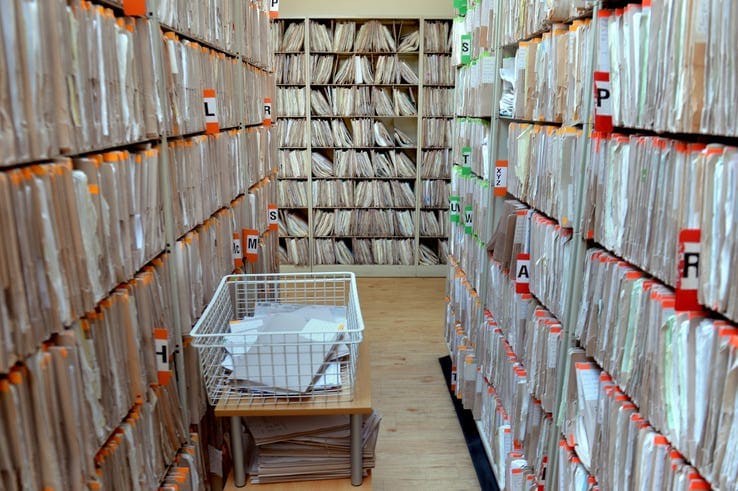
Thousands of people in Allerdale have opted out of sharing their medical records for healthcare research and planning, figures show.
The sharing of patient data is vital to research into life-changing illnesses including cancer, diabetes and long COVID and has been pivotal in developing responses to the coronavirus pandemic, according to NHS Digital.
But its figures show 3,650 people in Allerdale had signed up to the national data opt-out scheme by September 1.
The scheme allows patients to prevent confidential information held by NHS Digital from being used for purposes other than their care and treatment.
It is different from another ‘type 1’ opt-out scheme, which prevents NHS Digital from collecting information from GP records.
Figures on type 1 opt-outs are not available, meaning the number of patients who have chosen not to share their health records may be higher.
Patient data can be used for life-saving research and, throughout the pandemic, has been used to develop the shielded patient list, to identify which treatments would be most effective for COVID-19 patients and to support the urgent commissioning of services to help people with long COVID’, the NHS said.
However, there has been a steep rise in the number of Allerdale patients choosing not to share their data via the national opt-out scheme in recent months.
NHS Digital figures show 1,607 patients in the area signed up to the scheme, which first launched in 2018, between May and September this year alone, 44 per cent of the total.
They were among more than a million people to do so across England over the same period, meaning more than three million patients have now set a data opt-out.
A stark rise in sign-ups to the existing NHS data opt-out scheme came after campaigners and groups, including the Royal College of General Practitioners, expressed concern over proposals to introduce a new data collection process in England.
The GP Data for Planning and Research programme was announced in May as a more effective and efficient way for NHS Digital to collect GP data.
It was scheduled to start in July, but was put on hold following widespread criticism.
Professor Martin Marshall, chairman of the Royal College of GPs said the figures showing increasing numbers of patients signing up to the national data opt-out scheme were unsurprising given the confusion surrounding the GDPR programme.
He said data sharing for healthcare planning and research has been vital during the COVID-19 pandemic, but patients need to be sure they understand how their data will be used.
A spokeswoman for NHS Digital said medical research and planning benefits everyone, but is “only as good as the data it is based on” as she urged patients to ensure they are making an informed decision about whether to share medical records.
She said the NHS took its data safeguarding responsibilities seriously and that data collected would only ever be used by organisations with a legitimate need to access it.
However, Cori Crider, director of digital rights organisation Foxglove said the latest opt-out scheme figures showed patients were not reassured about what was going to happen to their medical data.
She said: “Only a fair, safe, trustworthy system that doesn’t let corporations exploit the NHS for private profit will get the three million people who have opted out to consider thinking again.”








